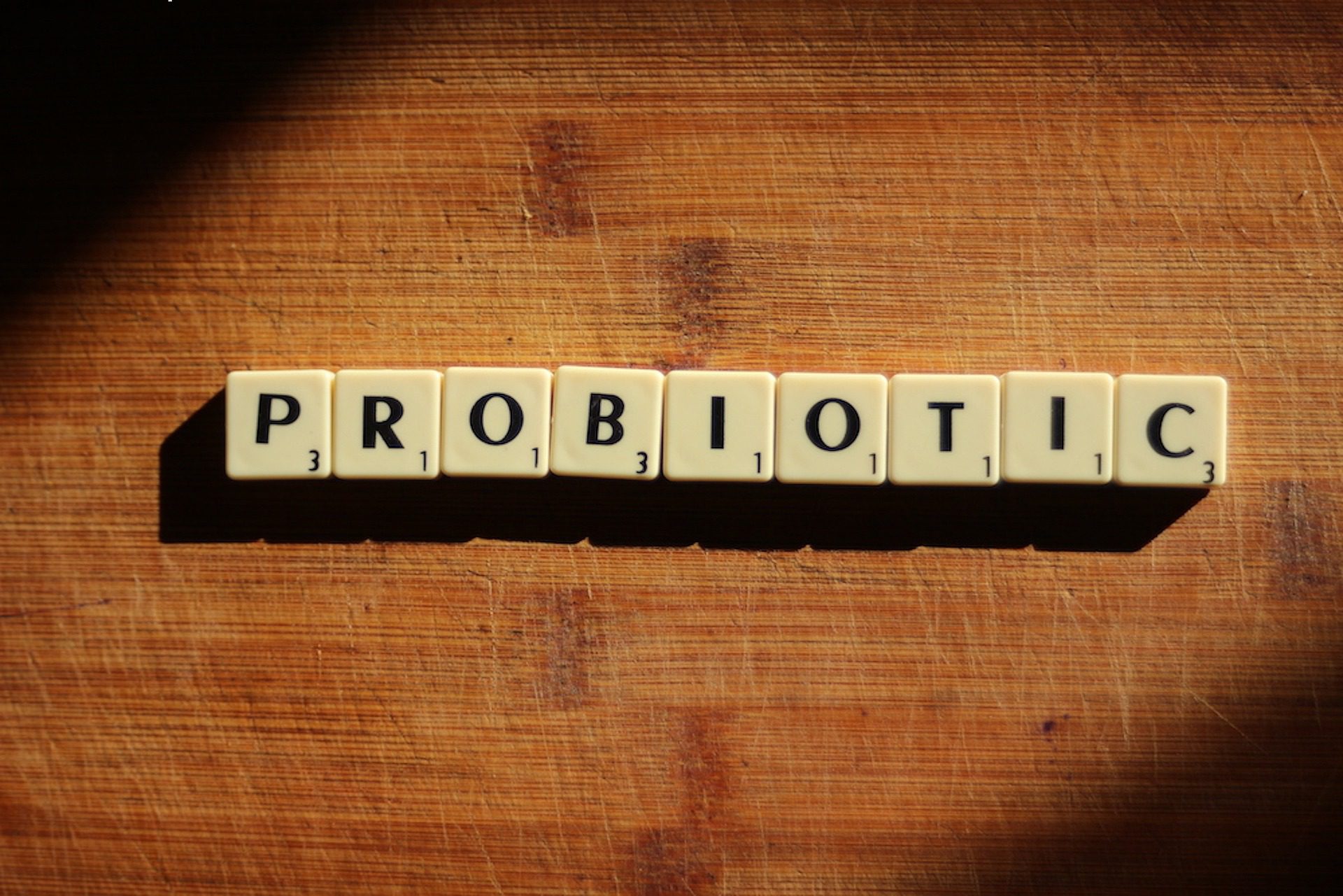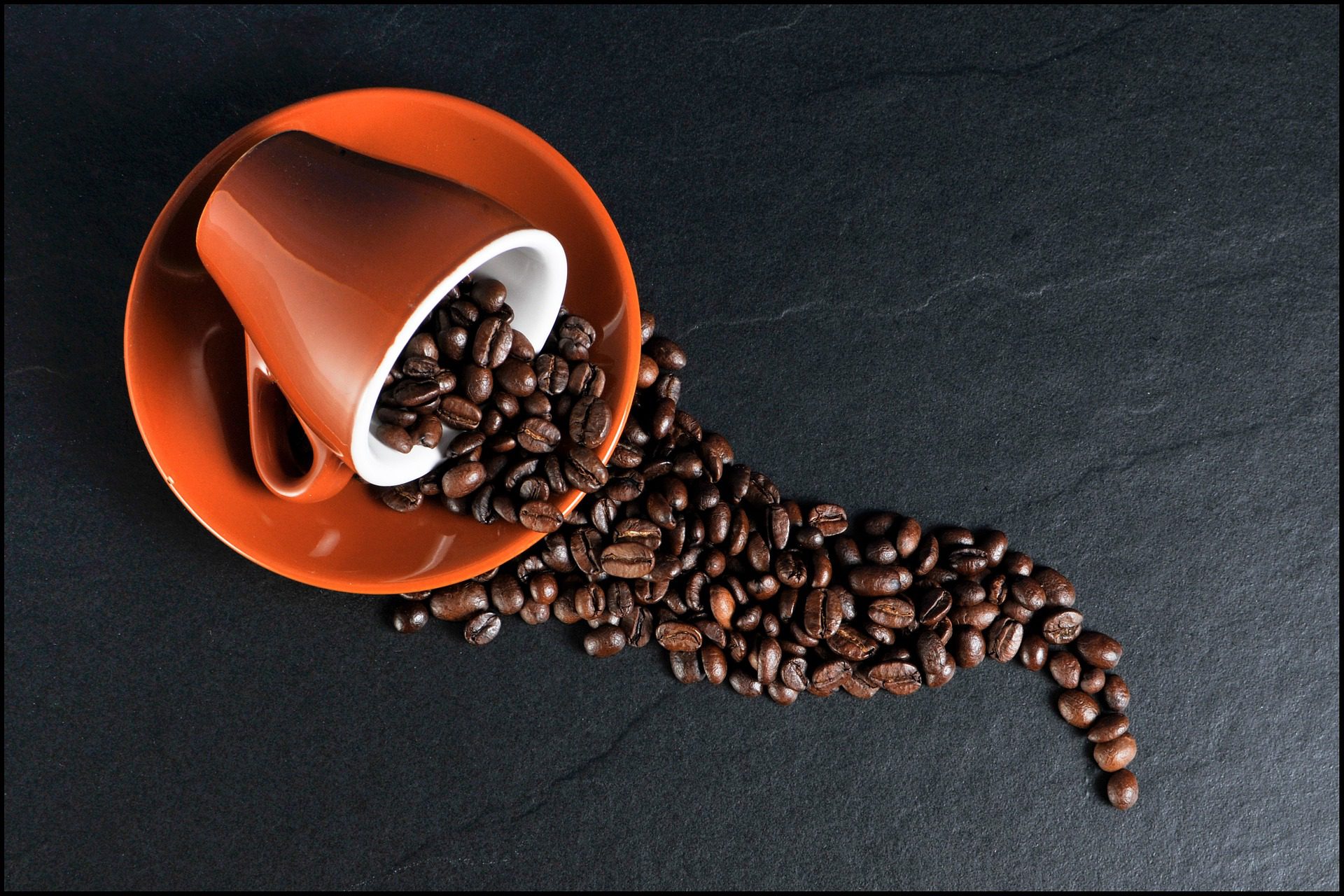April is irritable bowel syndrome (IBS) Awareness Month and here are my top tips that may help you find ways to control your IBS better
Don’t self-diagnose! To help diagnose IBS it is recommended make sure you don’t have coeliac disease and inflammation markers are normal – this means a trip to your GP. It is possible for people to experience an intolerance to the carbohydrates in wheat (FODMAP) instead of the protein in wheat (gluten), and as Coeliac disease needs 100% strict gluten free diet for life, it is important to know if this is the case or if it’s a different issue with the wheat grain.
Improve overall digestion: Keep meal-times consistent: Try not to be in the habit of skipping meals or leaving long gaps between meals, eating large meals, or eating late at night. Reduce swallowing any extra air by chewing your food well, avoiding chewing gum and drinking fizzy drinks. Include gentle exercise such as walking in your day.
Drink plenty of fluids. Choose water as the main fluid, aiming for 2-3L per day. Limit fizzy drinks!
Space fruit intake apart by 2-3 hours and stick to no more than one fruit portion per meal or snack.
Try to include soluble fibre in your diet eg flaxseeds, oats, raspberries, almonds, sweet potato. Your dietitian will be able to guide you are to the best option for you. Avoid wheat bran, as appears too difficult to digest for many people with IBS
Adjust your caffeine based on your symptoms: It’s worth determining whether or not caffeine agrees with you. You are more likely to benefit from reducing your intake if you have IBS with diarrhoea or urgency. On the other hand, if you have IBS with constipation you might find a cup of coffee helps you to open your bowels.
Be mindful of total alcohol intake: Alcohol can be a gut irritant, affect gut motility and intestinal permeability. Its best to try and work out how alcohol affects you as it is usually taken in social situations and with food, so symptoms may be affected by food and/or stress too. Binge drinking is obviously not a good idea!
Limit spicy foods – the active ingredient in chilli has been shown to make gut symtpoms worse for some people with IBS
Limit high fat, deep fried, greasy foods e.g. chips, pizza, burgers, processed meats. Lower-fat cooking methods, such as baking, roasting, steaming, boiling, and sautéing, can also help you avoid uncomfortable symptoms.
Find you fibre sweet spot: This can be tricky and very individual as one contends with fibre’s wonderful yet possibly symptom provoking properties e.g. soluble and insoluble fibre, as well as the viscosity, fermentability and resistant starch content. It is more beneficial for long term symptom management to aim high on the fibre ladder rather than low, but sometimes not too high! A dietitian is the diet detective you want in your corner to help unravel this for you.
Limit sugar alcohols which are commonly found in diet products e.g. chewing gum, biscuits, especially if you are experiencing diarrhoea.
Consider a short-term trial of a daily probiotic for at least up to 8 weeks and monitor symptoms. Ask your doctor, pharmacist, and/or registered dietitian for the best products for your symptoms and to check if there are any reasons why you shouldn’t be taking a probiotic (e.g. immunocompromised).
If you implement the above dietary recommendations and you still ahve sytmpoms, it can be worth trying a short-term personalised low FODMAP diet with support from a dietitian to help identify specific food triggers. FODMAPs are a group of specific carbohydrates that are fermented in the large intestine and in some people with IBS they appear hypersensitive to aftermath of fermentation. High FODMAP foods include apples, onion, garlic, wheat, lactose, and sugar alcohols.
Enjoy regular moderate physical activity. This can help to reduce gas, bloating, stress, and anxiety, all of which can trigger gut symptoms. Choose an activity that you enjoy as you’re more likely to stick to it.
Finally, make stress management non-negotiable. People often put their all their eggs in the diet basket but being better equipped to cope with or lessen stress is equally important. Abdominal or diaphragmatic breathing, mindfulness meditation and yoga are all supported with credible evidence. A mere 10 minutes per day can do the trick. The brain-gut connection is very strong and well researched. You may notice worsened gut symptoms during times of increased stress and anxiety, which is a common response. Strategies to reduce stress could include walking in nature, listening to calm music, taking a nap, cooking, meditation, tai chi, yoga, writing, reading, massages, therapy, or anything else that you find helps you to relax. Some people may also want to explore psychological therapies such as biofeedback, cognitive behaviour therapy (CBT), and gut-directed hypnotherapy, as these have been found to be very effective in managing IBS
An individualized approach is always going to work best for your IBS. Get in touch if you would like to discuss how it can help you.


